The Philippines has seen a huge demand for solar power in the last few years, with government aid and new-age solar companies making owning solar systems more affordable than ever. This is why several companies and households here are shifting to solar energy to power their homes and businesses.
However, when it comes to installing solar systems there are several decisions that you need to make. And one important one is whether you want an on-grid, off-grid solar system, or a hybrid one.
Thus, if you are keen on knowing which one to choose and the various advantages that come with it, then this blog is for you.
Read on as we discuss the on-grid, off-grid, and hybrid solar systems On-grid Vs Off-grid, their key differences, and advantages to help you make an informed decision.
On-Grid Solar System – An Overview
An on-grid solar system is a solar system setup that is connected to your electricity grid.
What is your electricity grid?
The power supply network provided by your power company from which you are taking your electrical connection.
So, an on-grid solar system allows you to use solar energy and also allows you to utilize the power supplied to you by your local power company in case you run into cloudy or rainy days and your solar system is unable to produce enough solar power.
Moreover, in case you generate excess power from your solar system setup, then you can feed excess energy back into the grid, for which you can also get certain benefits.
This process is called net metering and is a great option for urban areas where there is reliable electrical grid infrastructure.
Advantages of on-grid solar systems
1. Cost-Effectiveness
On-grid solar systems are cheaper to install than off-grid systems as you don’t have to invest in expensive energy storage solutions like batteries.
2. Net Metering
The ability to reduce electricity costs through net metering is a significant advantage. Users can essentially turn their electricity meter backwards when they generate more power than they consume, leading to potential savings on utility bills.
3. Grid Stability
On-grid systems provide stability and reliability, as users can seamlessly switch to grid power during periods of low solar energy production. This is particularly important for businesses and households that require a continuous power supply.
Off-Grid Solar Systems – An Overview
An off-grid solar system is a solar system setup that is not connected to the main electricity grid. The entire rooftop solar system is responsible for powering a home or business, and users don’t need to pay any money to their local power company as they won’t have an electrical connection from them.
These systems incorporate additional components, such as batteries (BESS) and charge controllers, to store excess energy generated during peak sunlight hours so that they can be used during periods of low or no sunlight.
Advantages of off-grid solar systems
1. Energy Independence
Off-grid systems offer you complete energy independence. This makes them ideal for remote locations where access to the electricity grid is impractical or expensive. This independence is also valuable in areas prone to power outages or where grid connectivity is unreliable.
2. Environmental Sustainability
Off-grid systems contribute to environmental sustainability by reducing reliance on non-renewable energy sources. Since you aren’t connected to the electricity grid, you aren’t drawing power using our fossil fuels.
3. Remote Power Generation
Off-grid solar systems are well-suited for applications in remote areas such as cabins, agricultural operations, or telecommunication towers. They provide a reliable source of power where traditional grid connections are unavailable.
Hybrid Solar Systems – An Overview
A hybrid solar system combines elements of both on-grid and off-grid systems, offering the best of both worlds. These systems integrate solar panels, energy storage solutions, and a connection to the grid.
During periods of ample sunlight, excess energy is stored in batteries. However, the grid is utilized when solar production is insufficient, in times of low sunlight, rain or excessive power consumption at night.
Moving on, let’s look at the advantages of hybrid solar systems
1. Optimized Energy Usage
Hybrid systems intelligently manage energy production and consumption, optimizing the use of solar power, grid electricity, and stored energy. This leads to increased efficiency and reduced reliance on the grid.
2. Backup Power
Hybrid systems provide a reliable backup power source, ensuring uninterrupted electricity supply during grid outages. This is particularly valuable for households and businesses requiring continuous power for critical operations.
3. Flexibility
Hybrid systems offer flexibility in terms of grid connection. Users can choose to operate independently or connect to the grid based on their energy needs and preferences.
Key Differences Between On-grid Vs Off-grid Vs Hybrid Solar System
Below are some key differences between on-grid and off-grid solar systems at a quick glance.
| Aspect | On-Grid Solar Systems | Off-Grid Solar Systems | Hybrid Solar Systems |
| Grid Connection | Connected to the local utility grid | Operates independently, not connected to the grid | Connected to the grid but can operate independently when needed |
| Energy Storage | Relies on the grid for excess energy storage | Requires batteries for energy storage | Combines grid connection with energy storage for backup and self-sufficiency |
| Cost | Lower upfront costs | Higher upfront costs due to battery storage | Moderate upfront costs, balancing grid reliance and storage |
| Net Metering | Utilizes net metering for excess energy credits | Not applicable, as it operates independently | Utilizes net metering but also has energy storage for better optimization |
| Reliability | Dependent on grid stability | Provides energy independence and reliability | Balanced reliability – can draw from the grid or use stored energy as needed |
| Suitability | Well-suited for urban areas with reliable grid infrastructure | Ideal for remote locations with no grid access or unreliable grid connectivity | Suitable for areas with intermittent grid access or where backup power is desirable |
| Environmental Impact | Reduces reliance on non-renewable sources but still connected to the grid | Promotes complete energy independence and sustainability | Moderate impact, influenced by grid reliance and storage technology |
Final Thoughts
Choosing between on-grid, off-grid solar, and hybrid solar systems depends on various factors, including location, energy needs, and budget constraints. And ultimately, the decision should be based on a thorough assessment of individual requirements, taking into account the unique advantages each system offers.
Go Solar Today! Start your journey towards energy independence with the best solar panel provider in the Philippines, only at Nativ Techniks. Call us at +639176310032, or mail us at wecare@nativtechniks.com


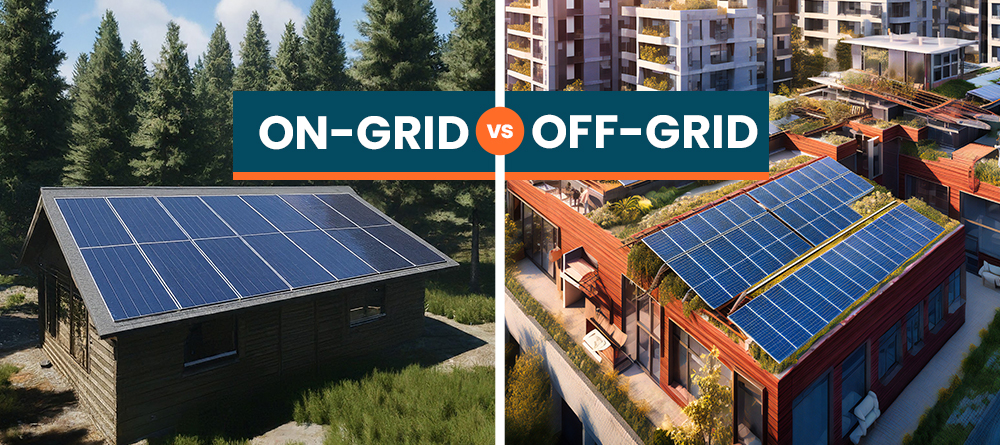
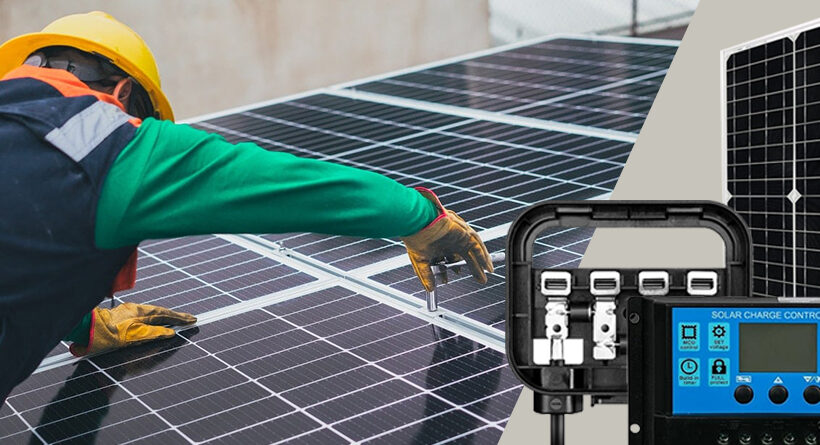
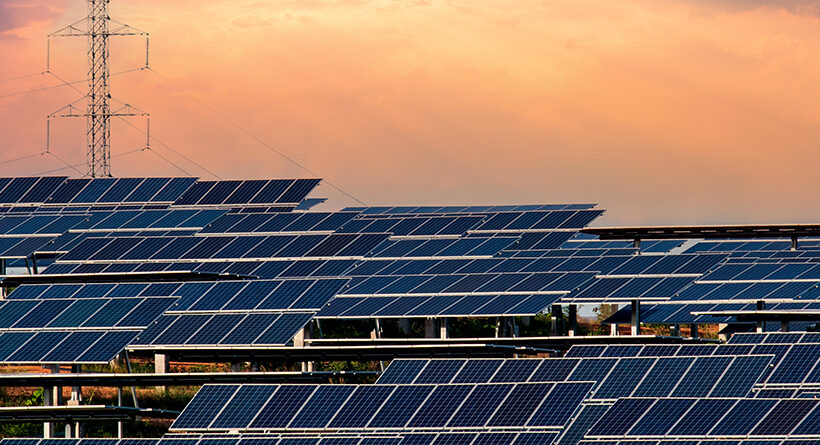
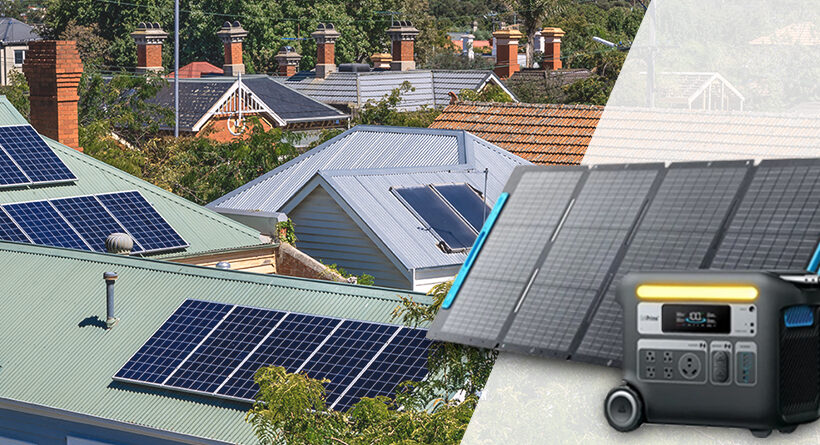
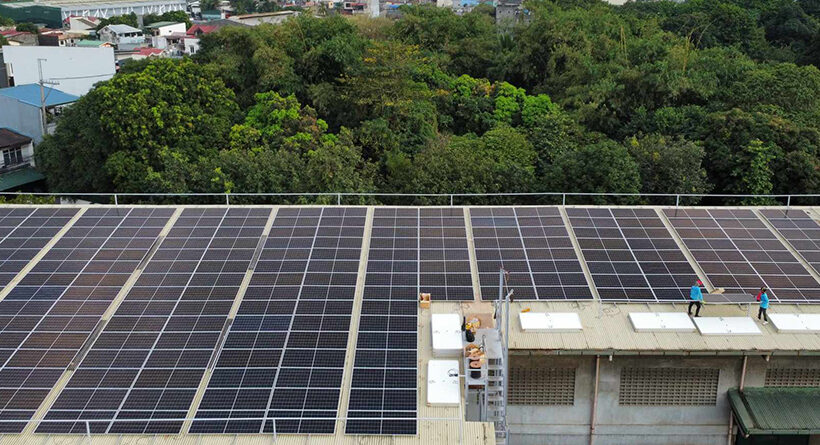
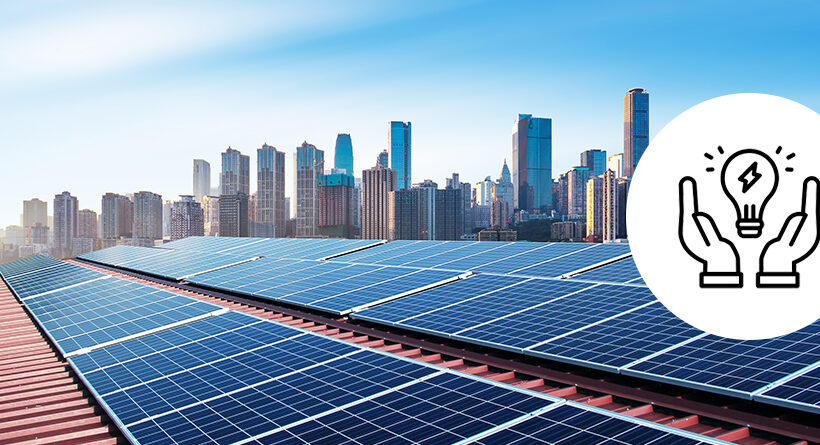
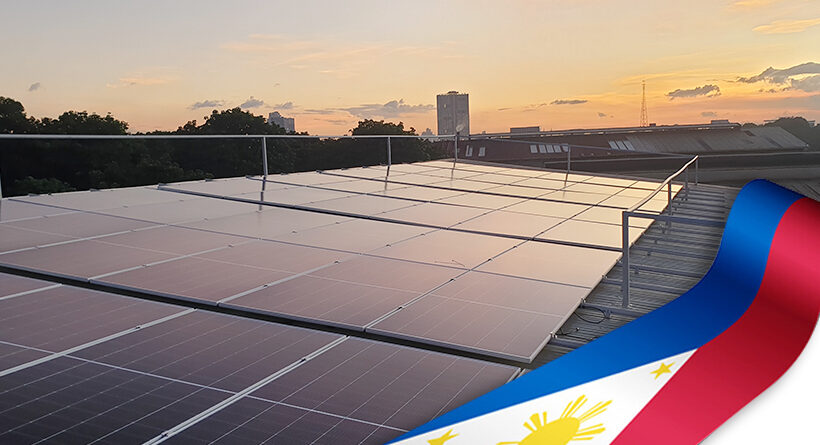
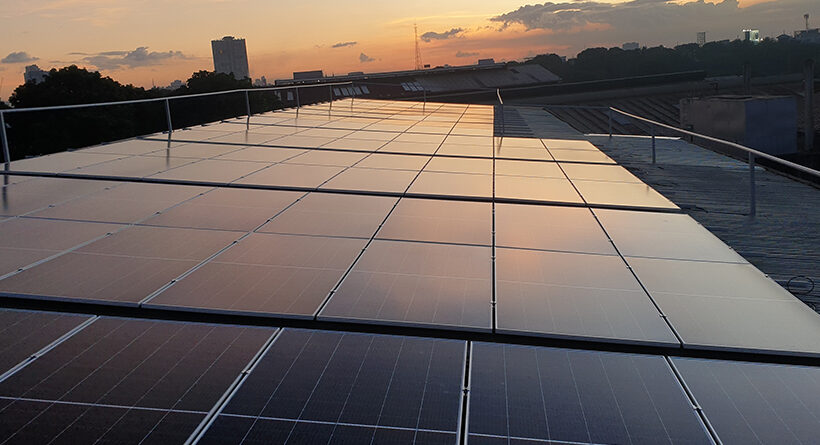

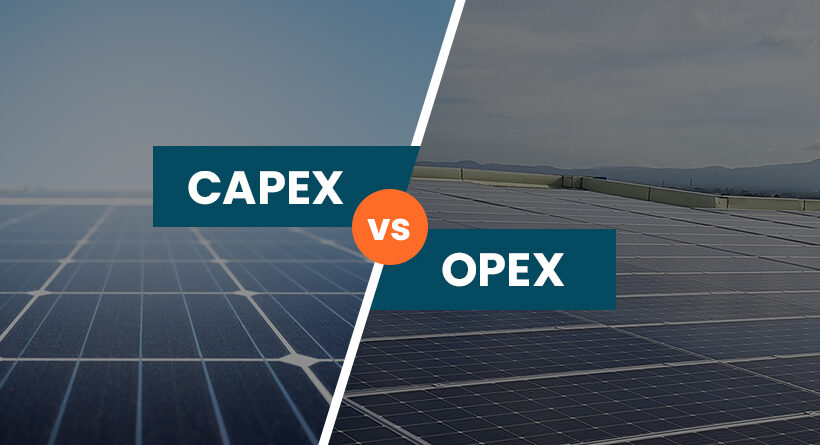

Comment (1)
I would like to know your service more. Thanks.